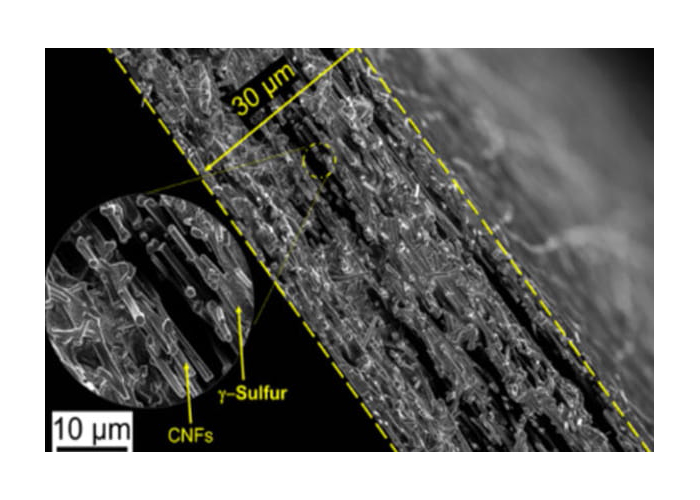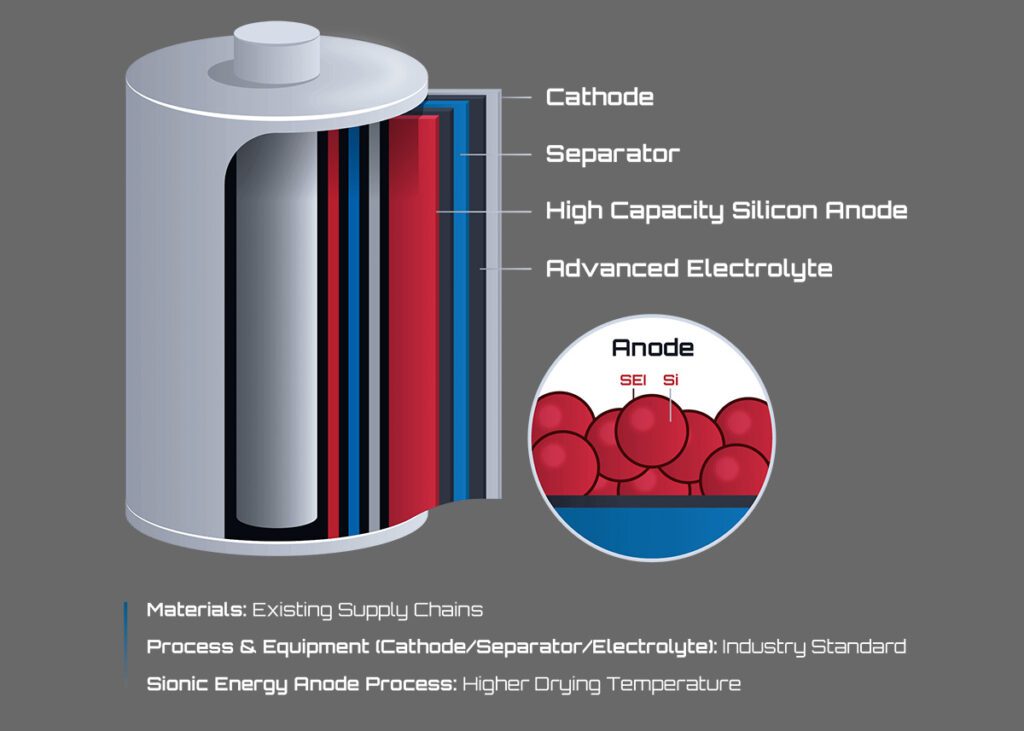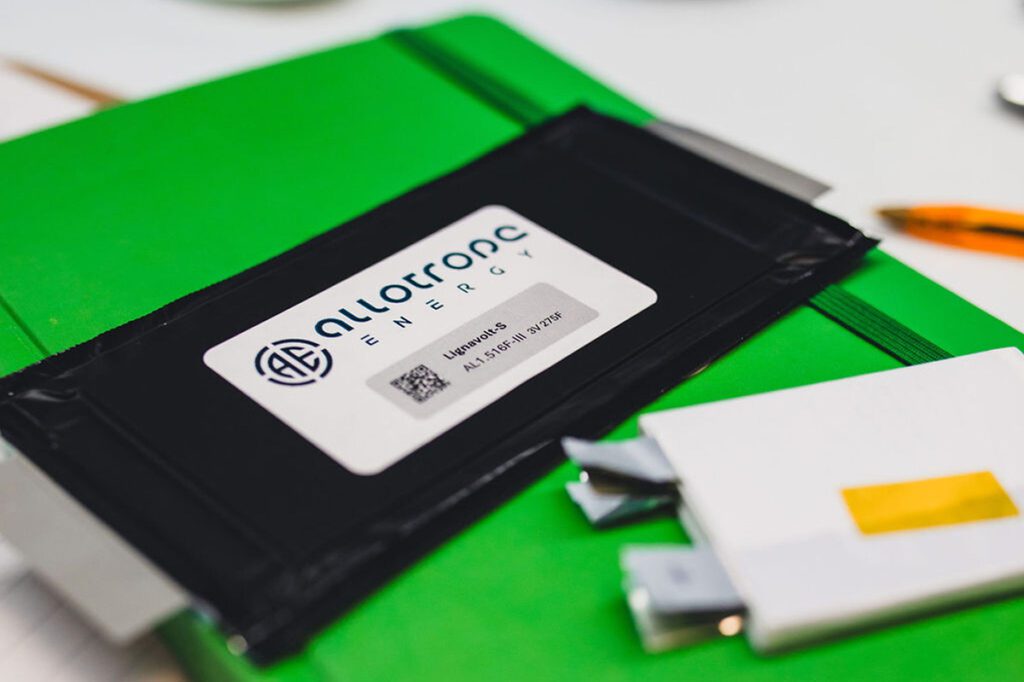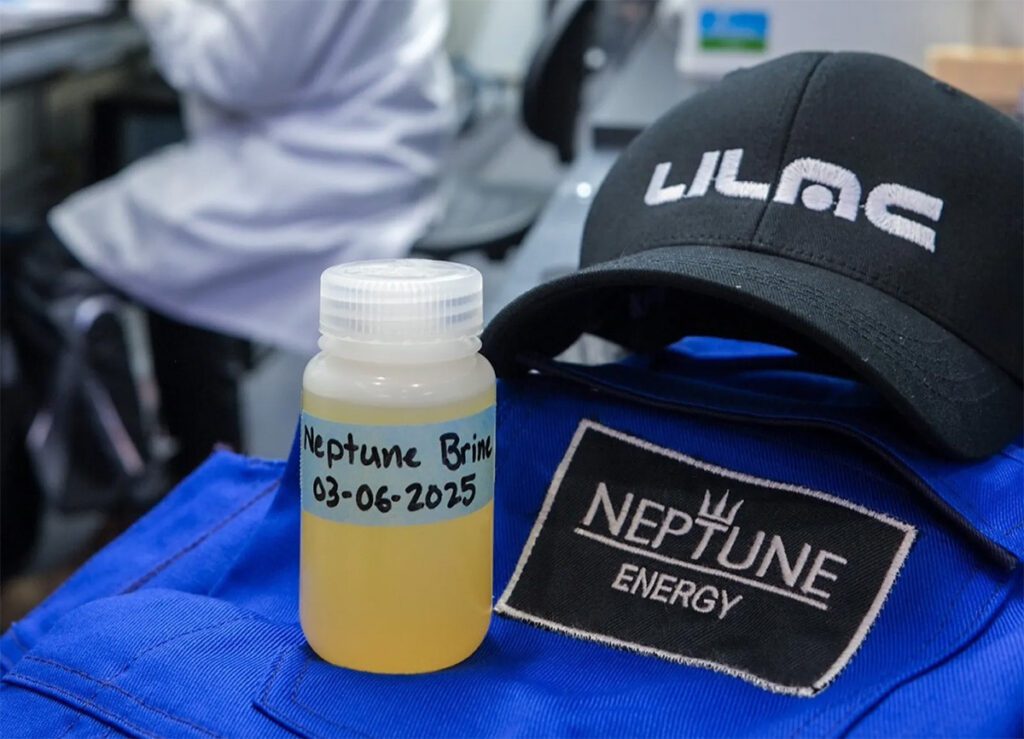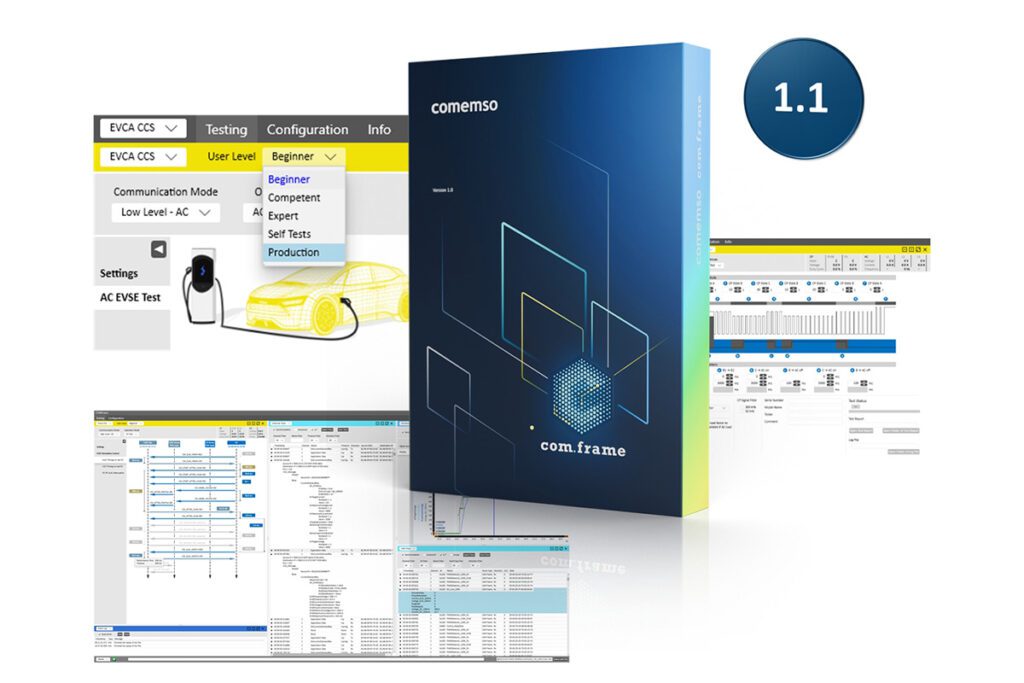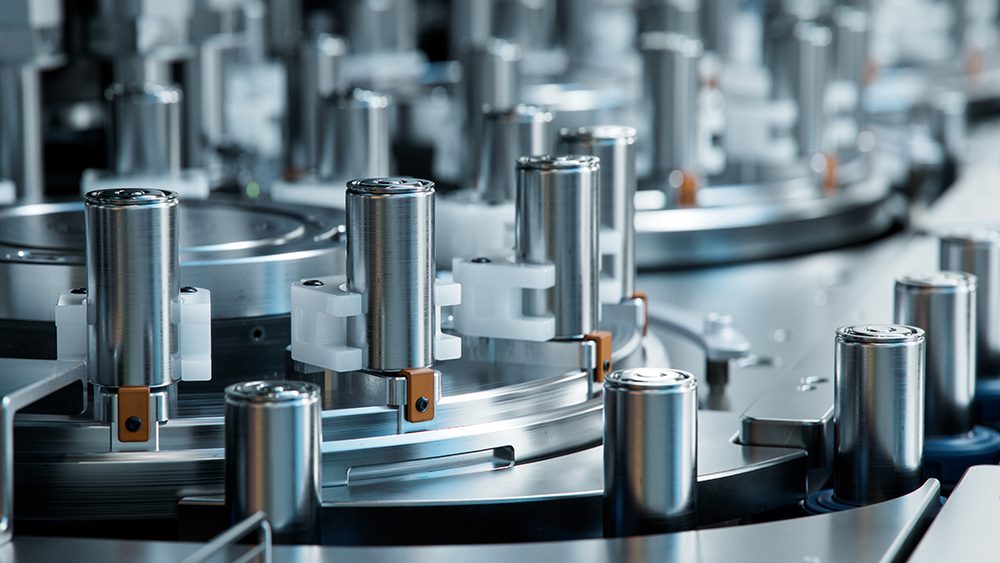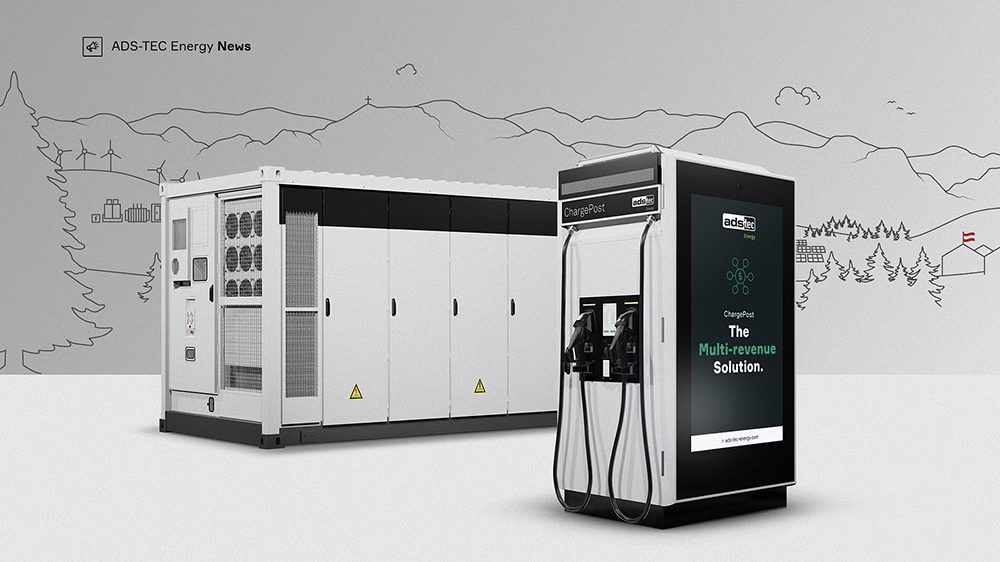Researchers at Drexel University say they have developed a sulfur cathode that offers long-term stability and performance.
In the process of using a vapor deposition technique to embed sulfur in cathode nanomesh, the researchers created a variation of sulfur called monoclinic gamma-phase sulfur that maintained its chemical phase and performance for more than 4,000 charge cycles.
According to DrexelNow, their lithium-sulfur battery has three times the energy capacity of lithium-ion batteries.
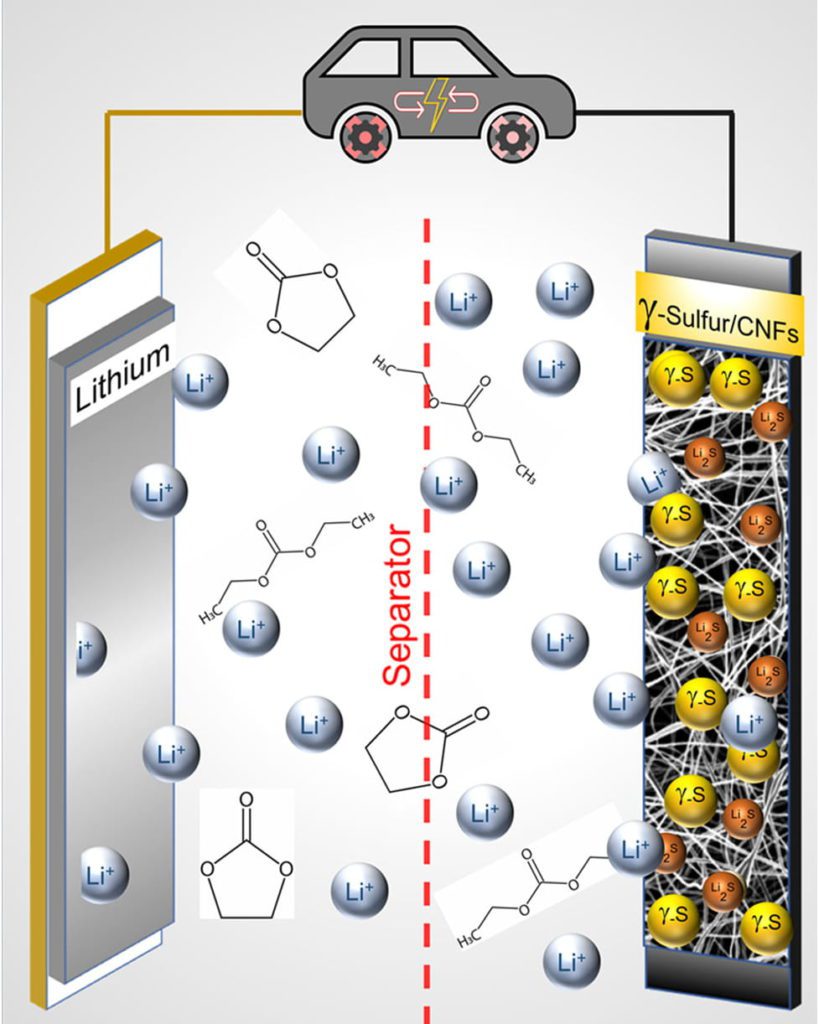
Drexel’s sulfur cathode breakthrough could pave the way for better-performing and sustainably sourced batteries for electric vehicles, computers and mobile devices. 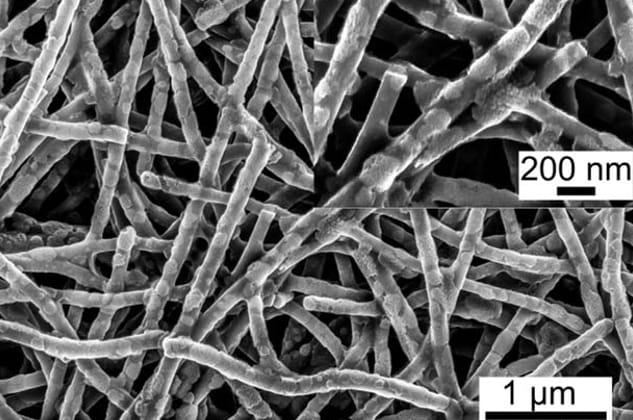
A carbon nanofiber cathode, developed by researchers in the College of Engineering, could play a key role in allowing sulfur to function in the carbonate electrolyte used in commercial Li-ion batteries.
“Sulfur has been highly desirable for use in batteries for a number of years because it is abundant and can be collected in a way that is safe and environmentally friendly, and as we have now demonstrated, it also has the potential to improve the performance of batteries in electric vehicles and mobile devices in a commercially viable way,” said research leader and Drexel Chemical Engineering Professor Vibha Kalra.
Source: DrexelNow







